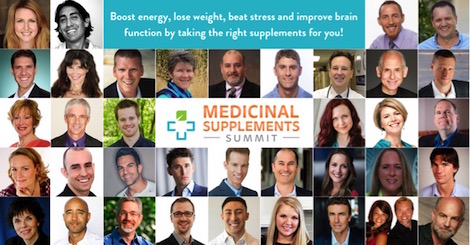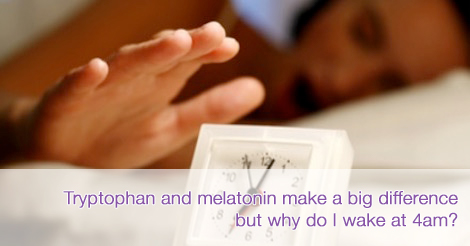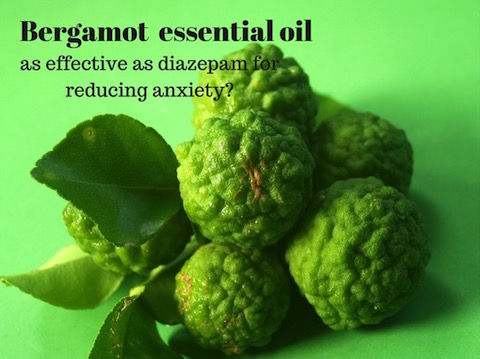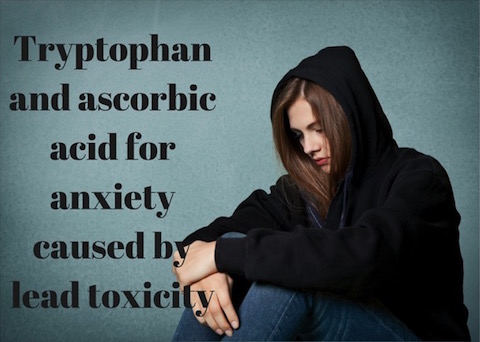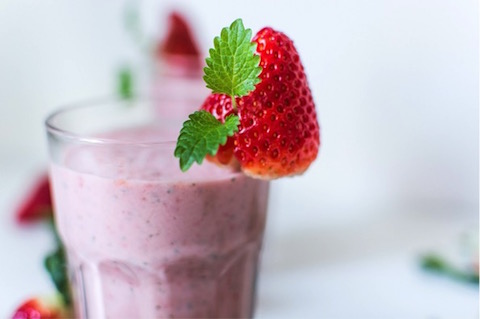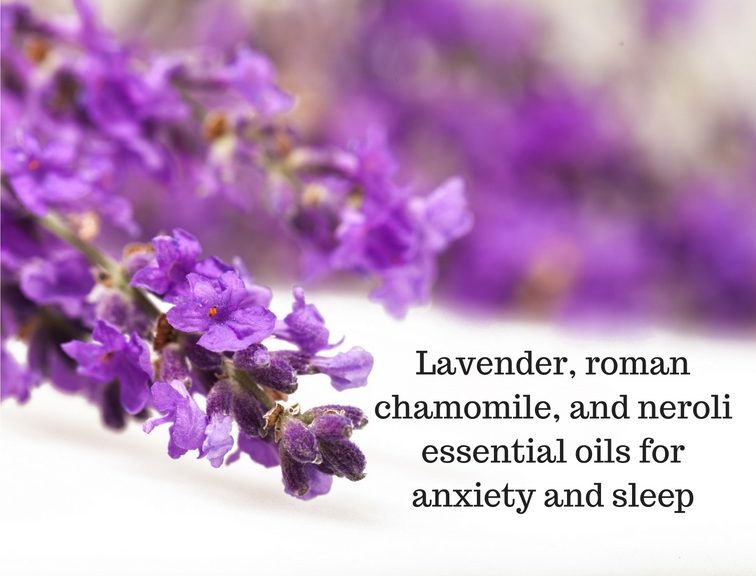Confused about supplements? Are you they doing you more harm than good? Join me on The Medicinal Supplements Summit from September 12-19, 2016 and learn the latest in supplement customization to beat stress and end anxiety, boost energy, lose weight, improve brain function and heal your body!
Your hosts of The Medicinal Supplements Summit are Wendy Myers, an expert in detoxification and founder of Liveto110.com, and Ian Clark, founder of Activation Products.
They both understand the importance of taking the right supplements – after all, they both healed their own health crises through targeted supplements, whole body health and the power of micronutrients!
This event is dedicated to helping you determine what you need, separate “claims” from the truth, customize to your needs and make proper decisions at the store or online.
All reasons not to miss The Medicinal Supplements Summit, online from September 12-19, 2016!
Here is the line-up of topics:
DAY 1 (September 12, after 10am US eastern)
The Medicinal Supplements Summit starts. We’ll discuss whether you need supplements to be healthy, can you get all your nutrients from food and important supplements missing from your health regime!
DAY 2 (September 13, after 10am US eastern)
On Day 2 of The Medicinal Supplements Summit, we discuss top supplements in depth: fish oil, probiotics, Vitamin C, food-based vs. synthetic supplements and minerals, like magnesium. Learn what kind of supplements you should take and how to take them!
DAY 3 (September 14, after 10am US eastern)
On Day 3 of The Medicinal Supplements Summit, we discuss tips and tests you can take to customize supplements to your body’s needs. Take the guesswork out of choosing supplements!
DAY 4 (September 15, after 10am US eastern)
Buyer beware! On day 4 of The Medicinal Supplements Summit we discuss the supplement categories that require extra scrutiny before you buy: weight loss, detox, energy, performance-enhancing and protein supplements. These supplement categories offer products that are harmful or ineffective, and should be avoided.
DAY 5 (September 16, after 10am US eastern)
On Day 5 of The Medicinal Supplements Summit, we review the top medicinal supplements for common health conditions: heart disease, pain, adrenal fatigue, thyroid dysfunction, gut health and autoimmunity. These supplements should be in your medicine cabinet!
DAY 6 (September 17, after 10am US eastern)
Day 6 at The Medicinal Supplements Summit reviews supplements for common health conditions: brain fog, depression, anxiety, digestive issues, fibromyalgia, pain and sleep disturbances.
My interview airs on day 6: Using Amino Acids for Anxiety and Depression
- How to find out what type of depression you have
- Specific amino acids for your type of depression or anxiety (individual targeted amino acids: tryptophan, GABA, DPA, glutamine and tyrosine)
- Serious complications caused by anti-anxiety medication
DAY 7 (September 18, after 10am US eastern)
On Day 7 of The Medicinal Supplements Summit, we discuss hot topics in the supplement world: toxic metals in supplements, hidden gluten, ingredients to avoid and using essential oils.
DAY 8 (September 19, after 10am US eastern)
Encore Day at The Medicinal Supplements Summit!
Here is the registration link https://qt247.isrefer.com/go/SUPP16reg/trudyscottcn/
Hope to see you there.
